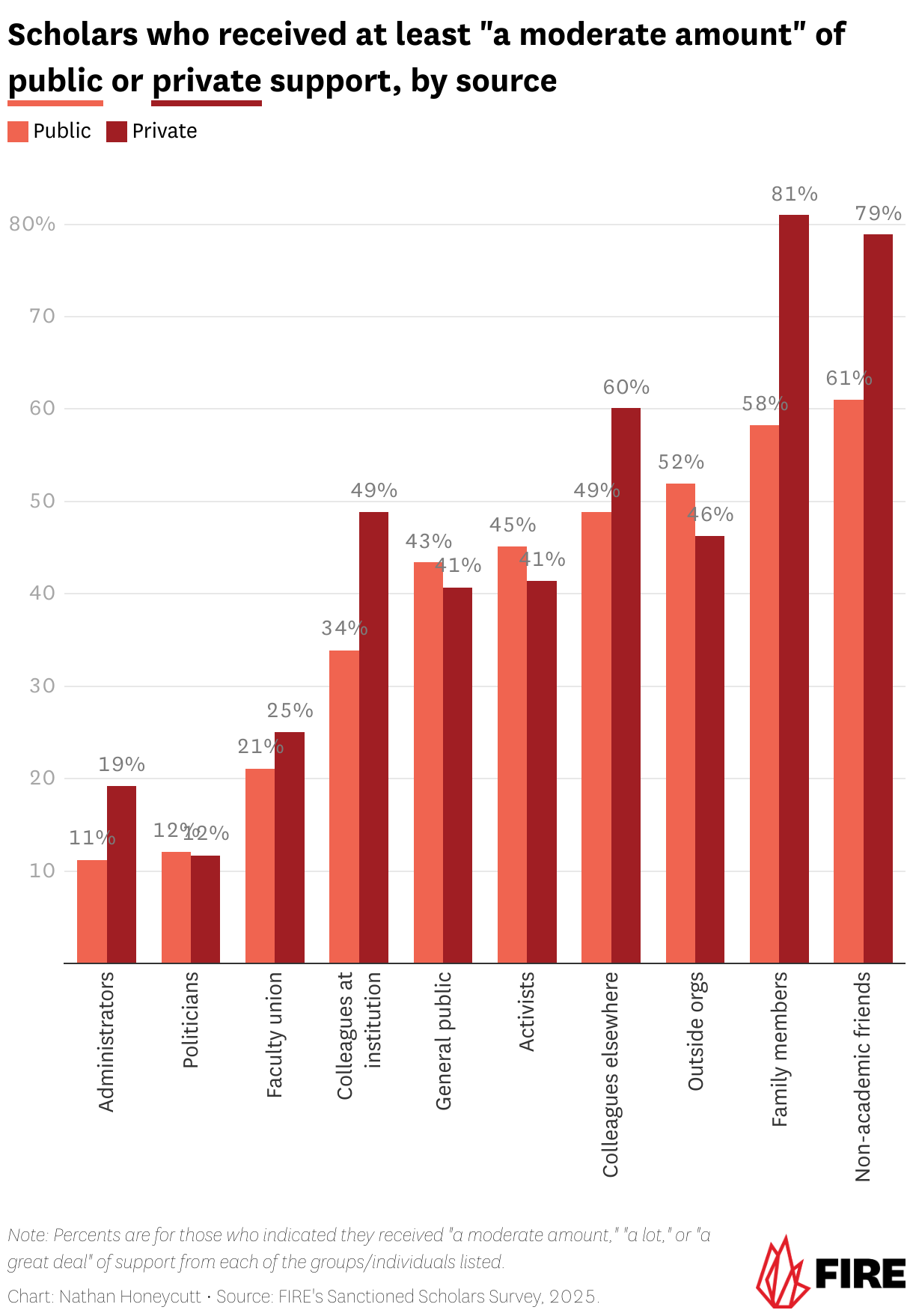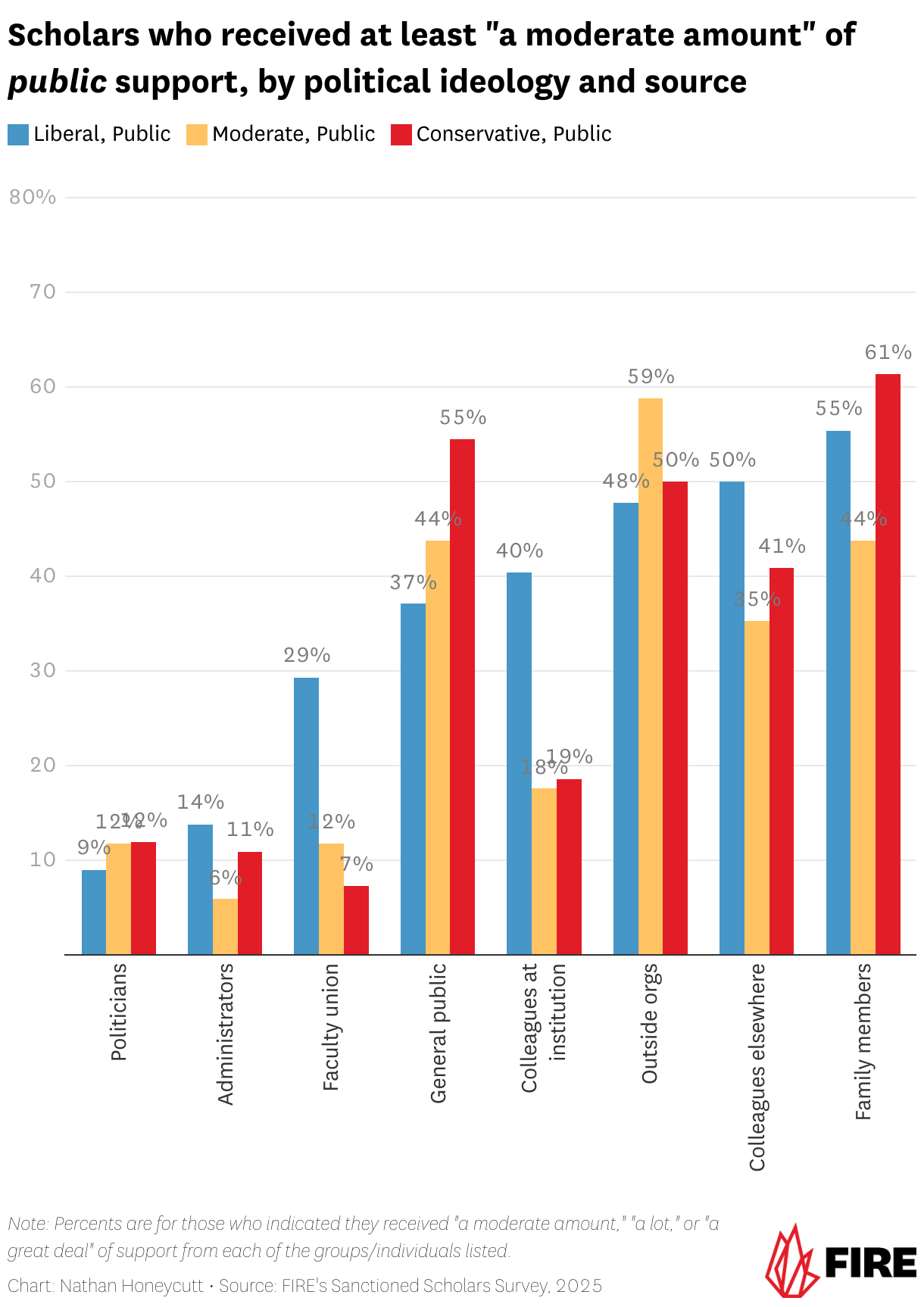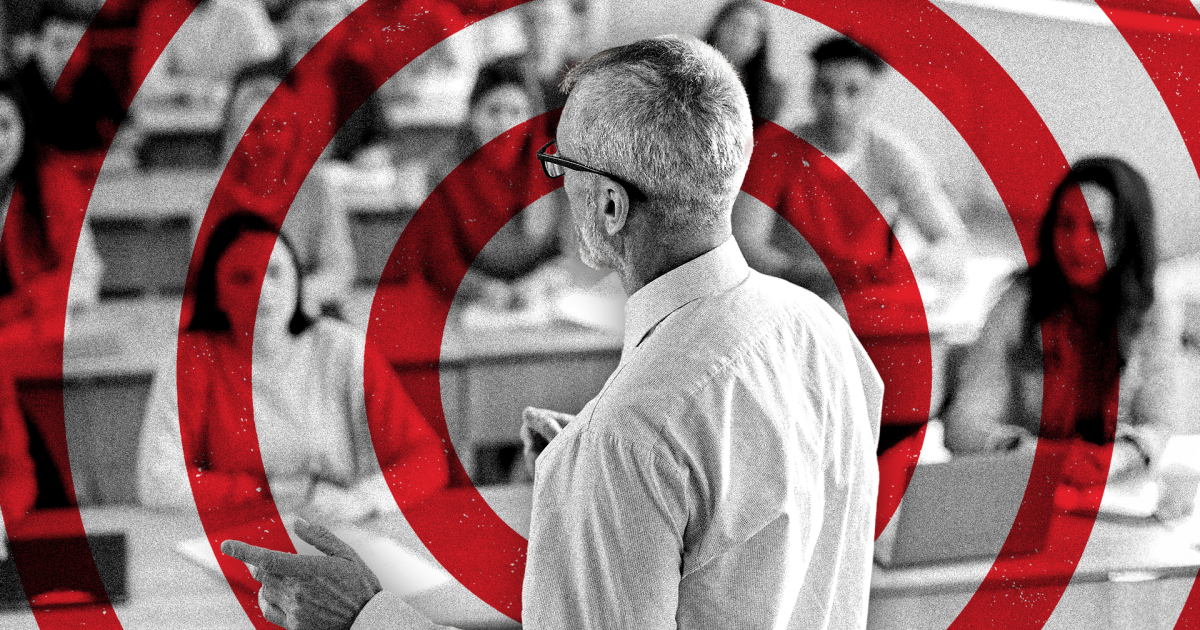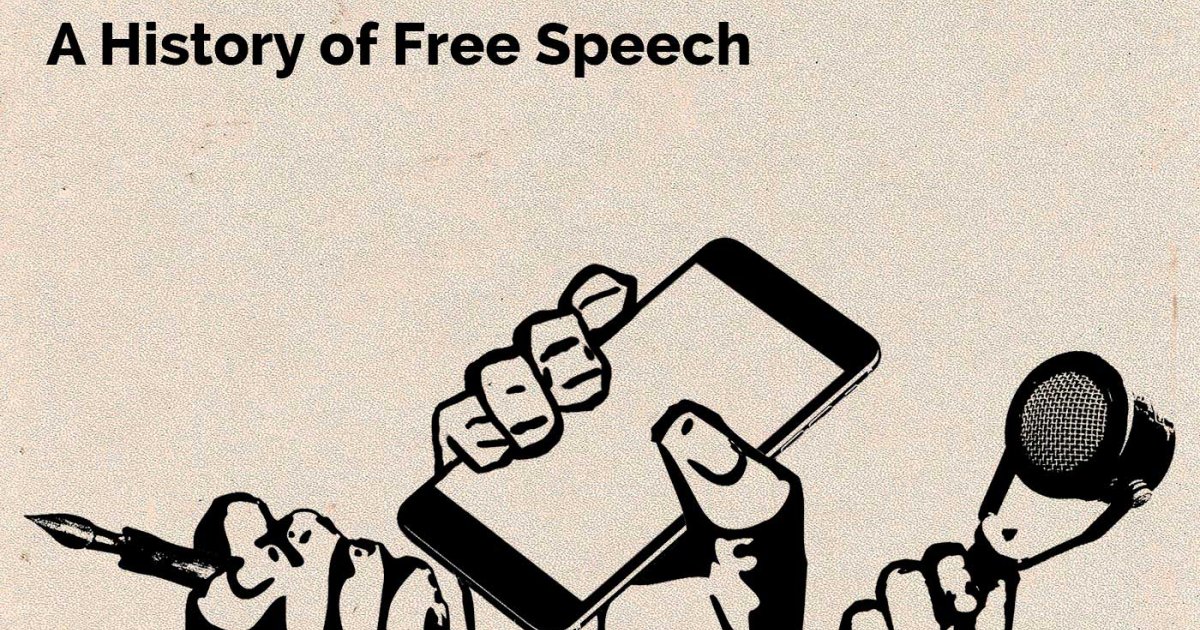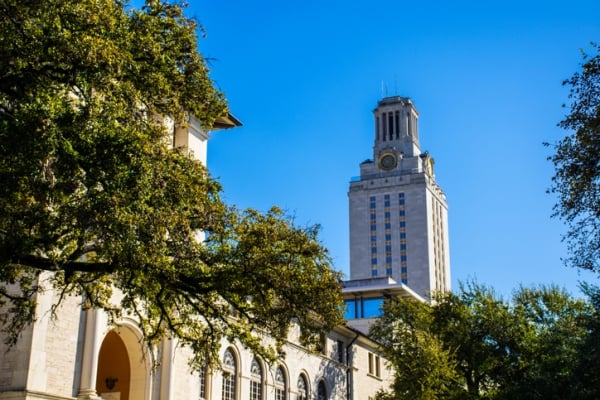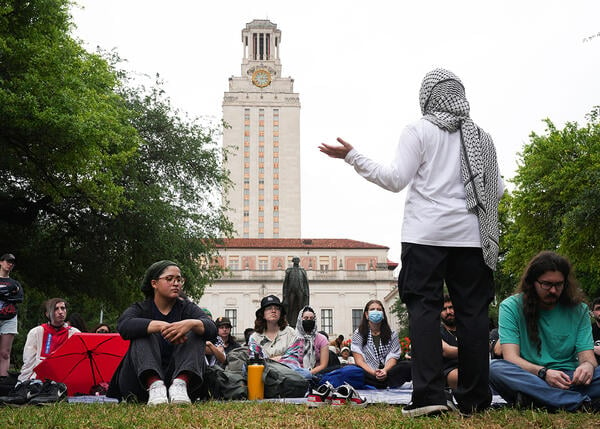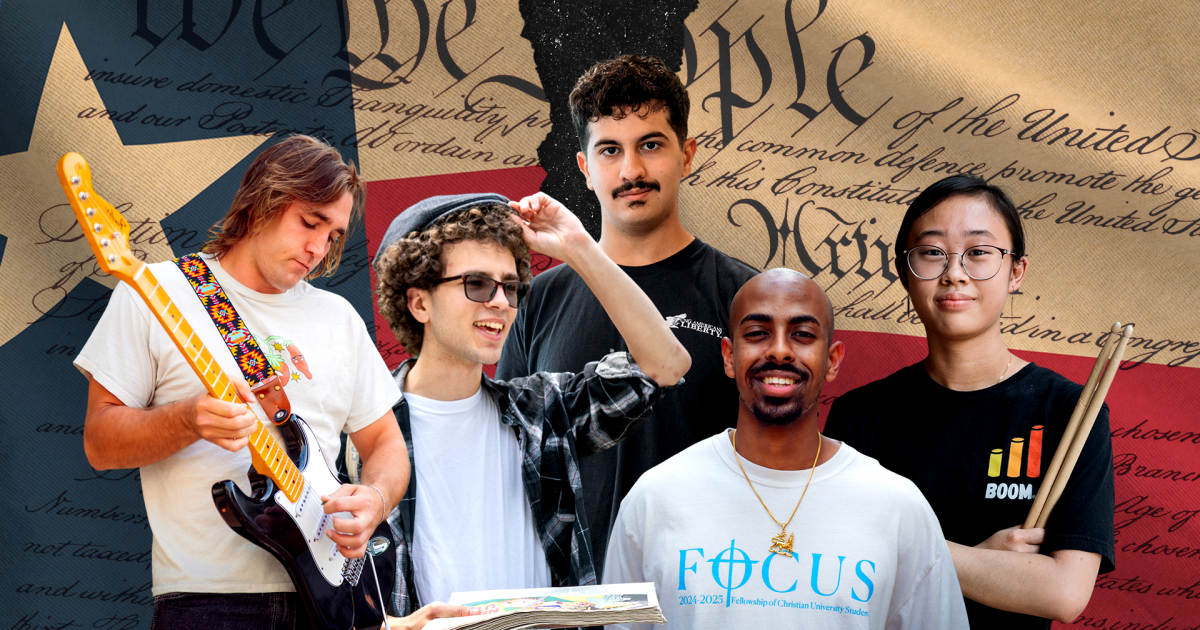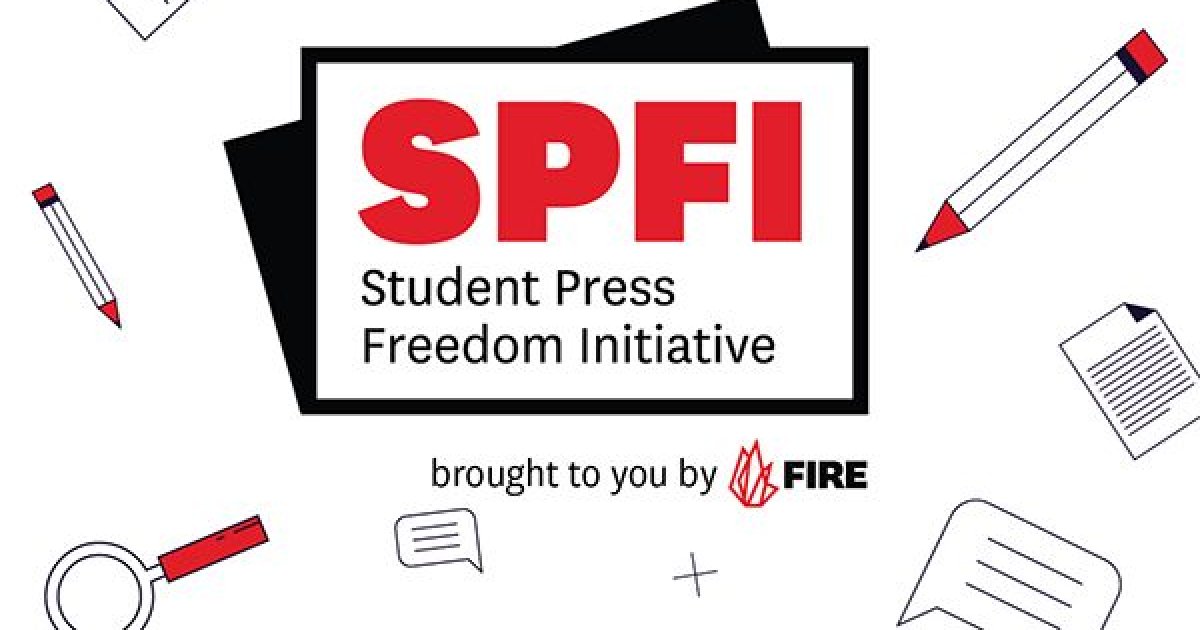Over the past several years, some politicians have tried to ban or limit discussion of controversial ideas in higher education, particularly those related to critical race theory, gender identity, and diversity, equity, and inclusion.
FIRE has been on the front lines of this fight, opposing bills that target classroom speech and challenging those that become law. We’ve warned legislators that attempts to ban ideas from the college classroom are unconstitutional. As the Supreme Court explained, the First Amendment “does not tolerate laws that cast a pall of orthodoxy over the classroom.”
Many legislatures now write their bills to avoid crossing this constitutional line. When they do not, courts often step in. Florida’s “Stop WOKE Act,” for example — part of which FIRE has challenged in court — currently faces a preliminary injunction blocking the enforcement of its classroom provisions.
LAWSUIT: FIRE challenges Stop WOKE Act’s limits on how Florida professors can teach about race, sex
First Amendment doesn’t allow Florida law to declare which concepts are too challenging for students and faculty to discuss in a college classroom.
Read More
Perhaps in part because of this roadblock, some actors have taken a more indirect approach to removing disfavored ideas from the classroom: a mix of “anti-woke” laws and cancel culture designed to intimidate schools into doing what the state cannot do directly.
This process involves some or all of the following steps: a politician passes an “anti-woke” law, someone misinterprets the law and claims a professor violated it, outrage erupts and people demand the school take action, school administrators cave to the pressure and punish the teacher, the school announces reviews of curricula, and then other schools follow suit.
Here’s how that cycle works in detail — and why it’s chilling classroom speech.
Step 1: “Anti-woke” laws set the stage
Texas A&M senior lecturer Melissa McCoul began the summer semester teaching ENGL 360: Literature for Children, a course she had taught 12 times that focused on “representative writers, genres, texts and movements.” During the third week of class, they were reading Jude Saves the World, a novel about a 12-year-old who identifies as nonbinary. As part of their discussion, McCoul displayed an image of the “gender unicorn,” a graphic device used to educate children about gender identity, expression, and sexuality.
Whatever one’s personal views, it should not be a surprise that a children’s literature course would focus on how contemporary children’s authors approach the major social issues of the day, such as gender ideology. Faculty at public colleges also have a First Amendment right to share their views, and to invite students who disagree to challenge them. In fact, McCoul acknowledged in the course syllabus that some of the class materials would spark “differing opinions” and that students were “not required to agree.”
This was a chance for open dialogue, until it wasn’t.
A student in McCoul’s class raised her hand and asserted that President Trump’s executive order on gender identity somehow made the discussion illegal. The student subsequently reached out to school President Mark Welsh, who defended the inclusion of LGBT content in professional-track courses. He explained to her that students “want to understand the issues” that affect the people they will work with.
Nevertheless, the school canceled the class for the summer, citing “the emotions” generated by this controversy. That’s no reason to cancel a class, but the school did not punish McCoul or cancel her class for the fall semester. Instead, they agreed that her course would be taken out of the core curriculum and more clearly marked as a special topics class.
But then, on Sept. 8, Texas State Representative Brian Harrison posted video of the student’s exchange with McCoul on X and wrote a letter to the Trump administration calling for an “investigation into discriminatory DEI practices.” The assistant attorney general for the Justice Department’s Civil Rights Division, Harmeet K. Dhillon, called the incident “deeply concerning” and said her division would “look into this.” Gov. Greg Abbott said McCoul acted “contrary to Texas law” without actually citing any specific laws (though Abbott directed state agencies earlier this year to align their practices and policies to recognize only two sexes).
Crucially, neither Abbott’s directive nor Trump’s order bans discussion of gender identity in college classrooms. Doing so, after all, would be unconstitutional. Instead, they largely instruct Texas and federal agencies to recognize only two sexes in official government work, not to police classroom speech.
Step 2: An outrage campaign demands punishment
Harrison’s Sept. 8 post kicked off a cascade of calls to discipline McCoul. It was also only the first in a long thread of posts that set off a social media firestorm. Before long, other high profile government figures like Abbott and Dhillon were chiming in. Others with large social media followings picked up the story. A routine classroom discussion had been reframed to the public as a legal violation requiring immediate sanction.
Step 3: The school caves to pressure
Soon after, Texas A&M fired McCoul. The school also demoted College of Arts and Sciences’ Dean Mark Zoran and the English Department head Emily Johansen.
President Welsh justified these moves by alleging McCoul taught “content that was inconsistent with the published course description.” The apparent basis for this assertion was that McCoul’s course was renumbered as ENGL 394, rather than a 400-level number that would supposedly mark it as a special-topics class. But McCoul and Johansen dispute this, noting that 394 places the course outside the core curriculum and qualifies it as a special-topic class. Other faculty agreed that there is little difference between these designations.
Whatever the case, the public pressure only continued to build. Harrison demanded that Texas A&M terminate Welsh. Texas’s lieutenant governor, Dan Patrick, echoed the call, saying that Welsh’s “ambivalence on the issue and his dismissal of the student’s concerns by immediately taking the side of the professor is unacceptable.” Barely a week later, Welsh announced his resignation, following McCoul out the door.
Step 4: Administrators announce curricular reviews
If this story ended only with a professor being fired for her protected speech, that would be bad enough. And driving out a university president is even more alarming, because it shows how these campaigns scare people into silence or submission. But Texas A&M System Chancellor Glenn Hegar then announced that he and the board of regents would audit all courses across all 12 schools in the A&M System.
Neither Hegar nor the board explained how it would carry out the course review, leaving faculty members guessing as to what materials would be under their microscope. But in a campaign like this one, a chilling vagueness is part of the point. In the aftermath of seeing a fellow professor fired for her classroom speech, one has to imagine that many will choose to avoid addressing sensitive topics in the future. And this will only serve to rob Texas A&M students of the opportunity to engage with challenging and topical issues.
Step 5: Other schools get the message
Although this controversy started with one class taught by one professor at one Texas A&M campus, the ripple effects rapidly reached campuses across the state. According to reporting at the time, multiple school systems launched reviews:
- Texas Tech told faculty that teaching must comply with “current state and federal law recogniz[ing] only two human sexes.”
- The University of North Texas system ordered an expedited review of courses and programs, including syllabi, for compliance with “all current applicable state and federal laws, executive orders, and court orders.”
- A University of Texas system spokesperson said they were reviewing “gender identity” courses for legal compliance.
- The Texas State University System told each campus to review academic programming “in light of recent inquiries.”
- Texas Woman’s University System said it was reviewing academic courses and programs for compliance.
And that, in a nutshell, is how vague laws and online outrage came together in a toxic cocktail that resulted in a fired professor, a removed dean and department head, and a university president’s resignation, not to mention several systemwide university audits of entire course catalogues — all starting with a single student’s complaint that discussing a children’s book was “illegal.”
A growing problem
This practice of overreading laws and executive orders in order to target protected speech is, unfortunately, not just limited to Texas. In July, at the University of North Carolina at Chapel Hill, the Oversight Project reportedly filed a records request for syllabi and materials from roughly 70 courses containing terms such as: “Diversity, Equity, Inclusion, and Belonging,” “gender identity,” “intersectionality,” “white privilege,” “cultural humility,” “racial equity,” “implicit bias,” “microaggressions,” “queer,” and “sexuality.”
The stated purpose of this request is to evaluate and publicize “compliance with current Executive Orders issued by the President of the United States.” But again, Trump’s executive orders have no bearing on whether these words can be used in class materials. Suggesting otherwise and going on a fishing expedition for controversial class materials only further chills protected speech.
Sometimes the pressure is quieter, but no less chilling. At the University of Alabama, Dana Patton, director of the Witt Fellows Program, says she was told by university officials that a “very powerful person” in the state capital believed her program violated state law. This person reportedly asserted, among other things, that “divisive concepts (were) embedded” in the program. Patton responded by removing course content, including three documentaries, from one of her classes because they can prompt a “visceral reaction” and “feelings of guilt and anger” in students. This is self-censorship driven by fear of political blowback, not educational judgment.
How not to reform higher ed
As government officials increasingly look for ways to reform higher education, they must remember that efforts to ban controversial ideas from academia are not merely unconstitutional, they’re harmful regardless of their legal legitimacy. Such efforts frustrate an essential purpose of university life: young Americans should be able to explore and grapple with a wide variety of ideas, even those that many find offensive.
Amy Wax is academic freedom’s canary in the coal mine
Penn’s chilling decision to punish the controversial professor calls tenure protections at private universities into question
Read More
The debates in this country around gender and sexuality will not subside because of censorship in Texas. Indeed, classroom debates on this topic have the potential to leave both conservative and liberal students with a richer understanding of the issue. But some young Texans will now be robbed of this opportunity. Many others will be left with impoverished versions of those conversations, stripped of anything controversial that would draw the ire of government officials.
We should expect college students to be fearless when faced with ideas they dislike, regardless of the partisan valence of those ideas. As FIRE said when critics on the left came after conservative University of Pennsylvania professor Amy Wax, “Any university that would attempt to shield its community from offense would soon see the death of intellectual vitality, and the waning of its influence in society.”
If lawmakers want to reform higher education or bolster viewpoint diversity, they should do so by passing laws that protect the speech rights of all students and faculty — like FIRE’s model legislation — and they should focus on bringing more ideas onto public campuses, not removing those they dislike through vague assertions of illegality and targeted pressure campaigns.
